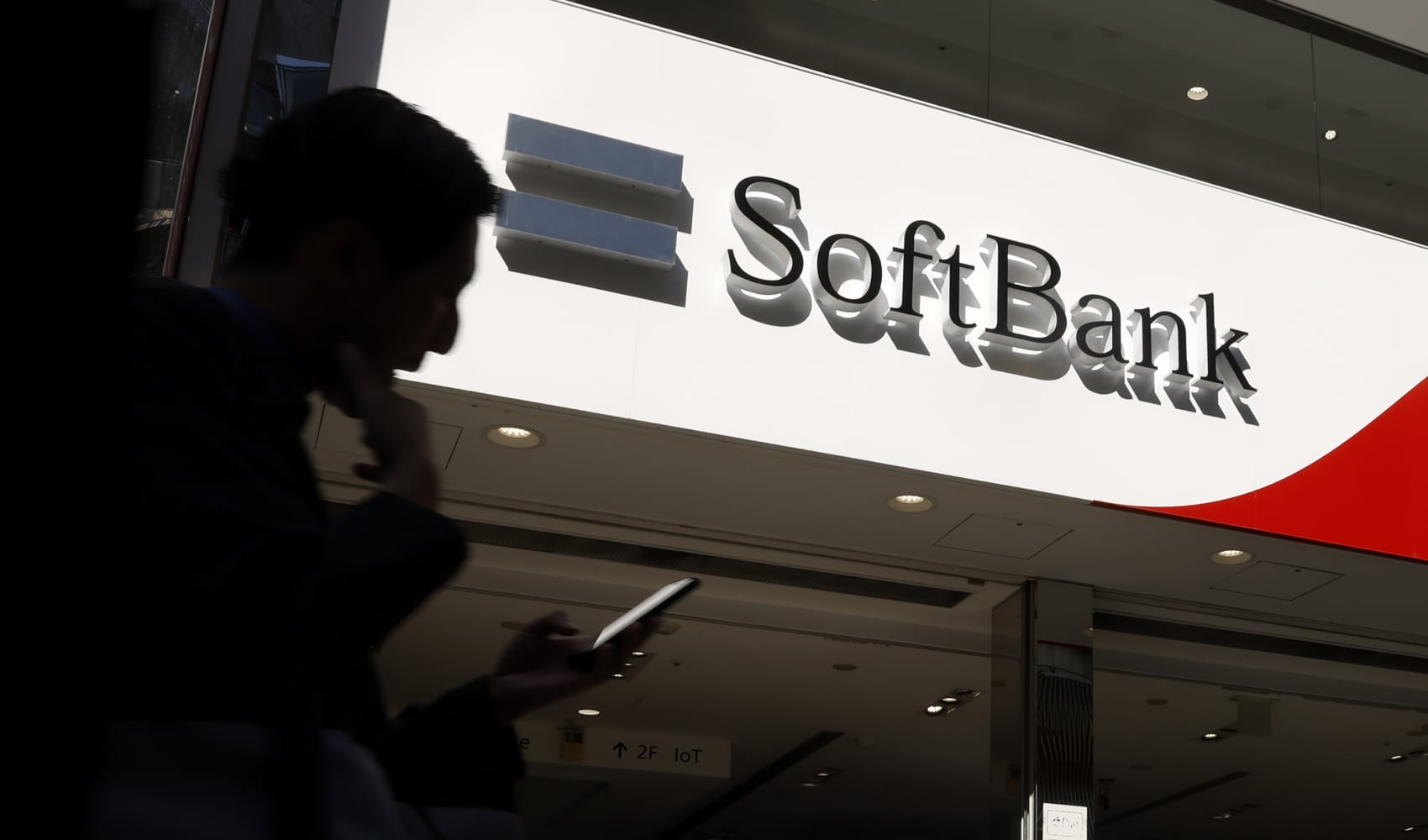
- The U.S. Treasury Department announced Wednesday that it expanded its wide raft of sanctions to include businesses and individuals that are seen to be helping Russia evade penalties.
- Treasury officials said the department is now targeting Russian commercial bank Transkapitalbank, as well as a network of more than 40 people including oligarch Konstantin Malofeyev.
- The Biden administration also said it's cracking down on companies operating in Russia's virtual currency mining industry, including Bitriver.
The U.S. Treasury Department announced Wednesday that it expanded its wide raft of sanctions to include businesses and individuals that are seen to be helping Russia evade the impact of economic penalties imposed on Moscow.
Treasury officials said the department is now targeting Russian commercial bank Transkapitalbank, as well as a network of more than 40 people including oligarch Konstantin Malofeyev it believes aided the Kremlin skirt a wave of economic punishments.
The Biden administration also said it's cracking down on companies operating in Russia's virtual currency mining industry, including Bitriver, that help the country monetize its exports and other natural resources.
Get San Diego local news, weather forecasts, sports and lifestyle stories to your inbox. Sign up for NBC San Diego newsletters.
"Treasury can and will target those who evade, attempt to evade, or aid the evasion of U.S. sanctions against Russia, as they are helping support Putin's brutal war of choice," said Brian Nelson, the department's under secretary for terrorism and financial intelligence.
"The United States will work to ensure that the sanctions we have imposed, in close coordination with our international partners, degrade the Kremlin's ability to project power and fund its invasion," he added.
The latest sanctions represent new areas into which Washington is expanding its financial war against Russia.
Money Report
The bank cited in the new sanctions, Transkapitalbank, has allegedly been marketing its own proprietary-payment system to banks in Asia and the Middle East as a Russia-friendly alternative to SWIFT, the international payment system from which Russia was banned at the start of the war.
Earlier this year, the U.S., European Union, Canada and U.K. cut a handful of Russian banks off the SWIFT financial network, one of Washington's most powerful moves to date to isolate Russia from the global marketplace and cripple its economy.
That move effectively prevented Russia from communicating securely with banks beyond its borders.
Treasury also said that it is stepping up its efforts to quash a global "sanctions evasion and malign influence" network led by Malofeyev, the Russian oligarch. Individually, Konstantin Malofeyev has been subjected to U.S. and European sanctions for nearly a decade for his alleged bankrolling of violent armed separatists in eastern Ukraine.
But on Wednesday, Treasury called out and sanctioned not only his business network, but an additional layer of nonprofits he funds, which it accused of disseminating extreme anti-Western and anti-Ukrainian propaganda.
One of them, the "Analytics Center of Katekhon," presents itself as a think tank but is in fact "a proliferator of anti-Western and pro-Kremlin disinformation and propaganda that clearly targets fringe audiences in the West," according to the Treasury Department.
Also sanctioned was a Malofeyev-linked firm that purports to offer African governments financial consulting. In reality, the International Agency of Sovereign Development (IASD) works with the government of Russia to find business opportunities for sanctioned Russian companies and to enrich Malofeyev himself, Treasury alleged.
"In recent years," Treasury said Wednesday, "Malofeyev, covertly or through intermediaries, supported pro-Russian activities that undermine democracy, interfere in elections, and degrade security and stability in a host of countries."
The announcement also represents the Biden administration's first-ever attempt to jab Russia's virtual currency mining industry.
Among the companies targeted by U.S. sanctions is Bitriver, a company founded in 2017 that operates its mining facilities with hydroelectric power.
The Office of Foreign Assets Control named 10 Russia-based subsidiaries of Bitriver in its latest wave of sanctions.
"Russia has a comparative advantage in crypto mining due to energy resources and a cold climate," Treasury officials said Wednesday. "However, mining companies rely on imported computer equipment and fiat payments, which makes them vulnerable to sanctions."
"The United States is committed to ensuring that no asset, no matter how complex, becomes a mechanism for the Putin regime to offset the impact of sanctions," they added.
Virtual currencies are thought to be a potential avenue through which the Kremlin under Russian President Vladimir Putin could participate in global markets as more Western economies refuse to do business in rubles.
— CNBC's MacKenzie Sigalos contributed to this report.






